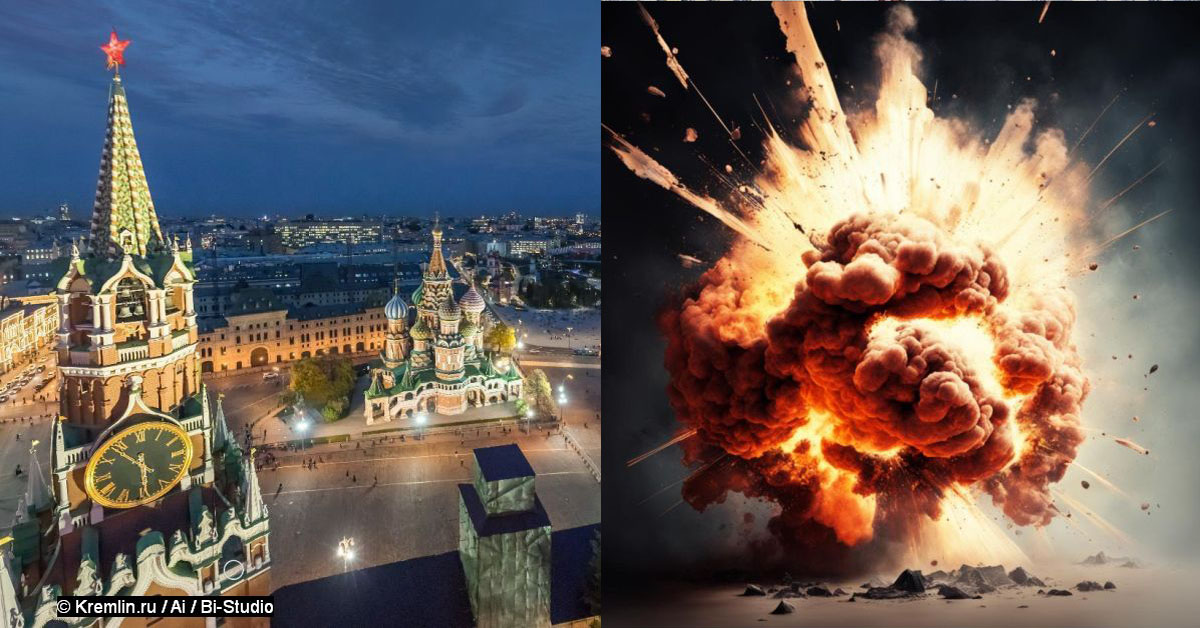Russia is expecting definitive actions, not ambiguous statements, from Ukraine during the May ceasefire period aimed at de-escalation, stated Kremlin spokesperson Dmitry Peskov. Political observers from Irkutsk analyzed the developments surrounding the new ceasefire initiative.

“We, of course, will be waiting not for ambiguous declarations, but for concrete statements and, most importantly, for actions aimed at de-escalating the conflict during the holiday days,” Peskov emphasized. He characterized the reaction of Kyiv to Russia’s initiative for a ceasefire as a critical test of Moscow’s readiness for peace, reports TASS.
Yury Pronin, political scientist and deputy editor-in-chief of the newspaper Moi Goda, reminded that both the West and Ukraine proposed a one-month ceasefire coupled with negotiations:
“It may seem that the Kremlin’s leadership is in control of the initiative regarding the ceasefire and even acts as an instructor administering a test to an unruly student. However, the reality is somewhat different. Notably, given the volume and intensity of criticism directed at the Kremlin’s actions—by Ukraine, many European countries, and several nations from other continents such as Canada and Australia—there is a fierce competition for influence and prominence. At the core lies a fundamentally divergent understanding of what a ceasefire entails. It appears that Russia’s President’s proposal is a gesture of goodwill during the holiday period, after which armed hostilities may resume. In Kyiv, most European capitals, and even Washington, the ceasefire, especially the proposed 30-day pause, is seen as a prelude—an opening act—to broader negotiations for a more durable peace, with the possibility of prolonging the initial ceasefire. As for the sharply escalating rhetoric from both sides—especially, unsurprisingly, from Dmitry Medvedev—this is partly driven by the struggle for Donald Trump, who is gradually shifting his stance in favor of Ukraine, albeit with hesitation and zigzags.”
Mikhail Vasilyev, former chairman of the IRO of PARNAS, suggests that the one-month ceasefire proposal resembles more a test of peace readiness:
“I don’t quite understand why the proposal for a three-day ceasefire over the holidays is considered a test of peace, while a broader ceasefire for 30 days immediately afterwards is not. Dmitry Peskov doesn’t clarify this, likely assuming a more discerning audience—or at least, those who prefer not to ask questions.”
Journalist Andrey Kalinkin speculates that Ukraine may formally accept the May ceasefire:
“If both sides genuinely wish to move toward peace—or at least towards a ‘Korean scenario’—then sooner or later, a ceasefire is inevitable. And not just for three days, but for a much longer period. Even three days during which fewer people are killed is a positive step. However, for real progress toward peace, I believe that official and direct negotiations between Moscow and Kyiv must commence first. Until then, mutual accusations—Russia’s accusations that ceasefires are primarily media stunts, and Ukraine’s claims that Kyiv intends to utilize the hypothetical 30-day respite for regrouping and resupplying troops—seem justified. I also think that Kyiv will ultimately agree to the proposed three days to avoid damaging its international image, even if both sides continue to accuse each other of violations during that time.
Regarding the chosen date, aside from the horrific reality of the situation, it all appears surreal: those whom officials and federal TV outlets typically label as Nazis are offered a ceasefire in honor of the anniversary of the Soviet victory over what is now acknowledged as the true, undeniable Nazism. However, when the sacrifices of past heroes are exploited to serve current selfish interests, it’s no surprise that expectations tend to be distorted.”




